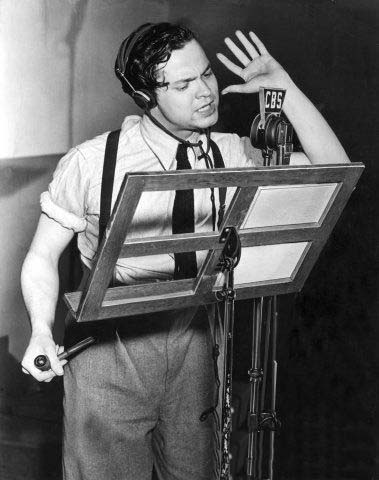 Today, by popular demand, we’re running an updated version of one of our more popular posts to date. Enjoy…
Today, by popular demand, we’re running an updated version of one of our more popular posts to date. Enjoy…
At hastened speeds during the past year, we have seen book lovers recording homegrown audiobooks and posting them on sites like Librivox (see our collection of free audiobooks here). For obvious copyright reasons, these audio texts largely come from the public domain, and, yes, they’re sometimes of uneven quality. Some good, some okay. Among the recent releases, you’d expect to find great classical works — the major plays by Shakespeare, the essential treatises by Plato and other philosophers, etc. — and you do get some of those. However, far more often you get texts by more modern writers who wrote within the thriller, sci fi and adventure genres. Here, I’m talking about Washington Irving, Robert Louis Stevenson, Edgar Allen Poe, Arthur Conan Doyle, and H.G. Wells. (Find these podcasts here.)
It seems rather fitting that Wells, the father of science fiction, would be among the first to have his writings digitally recorded and distributed. Nowadays, you can download, sync and listen to his major works – The New Accelerator (mp3), The Invisible Man (iTunes — feed), The Time Machine (iTunes — feed), and The War of the Worlds (iTunes). But what’s better than all of this, at least in our minds, is this vintage gem …
Here you can download the version of The War of the Worlds that Orson Welles famously adapted and aired on national radio in October 1938. Presented so that it sounded like an actual news broadcast, the Orson Welles version was mistaken for truth by many listeners who caught the program midstream (more info here), and, soon enough, they found themselves fleeing an unfolding Martian invasion, running down into their basements with guns cocked and ready to fire. You can catch the mp3 version of the famous Welles recording here (and also alternatively here). Have fun with this broadcast. It’s a classic.
Related content: For more old time, sci-fi radio broadcasts, check out this nice collection on iTunes.
Also see: Vintage Radio Archive: The Lone Ranger, Abbott & Costello, and Bob Hope



